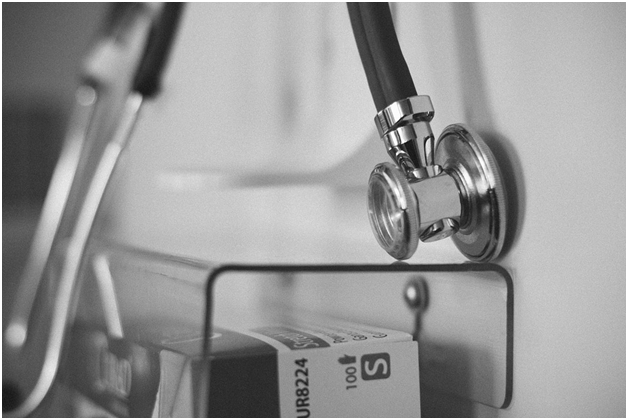Why it Matters Where Your Medical Tools are Made
The United States holds the world’s largest medical device market in the world. The categories are vast and include tools such as knives and scalpels, clamps, and all sorts of diagnostic equipment. The demand for these products is intense and will cause the market to continue to expand into the future. When one is undergoing a medical procedure, the manufacturing country of origin of these tools and devices is rarely a concern, though it should be for the supplier.
As the United States has lessened its manufacturing capability, the labor and facilities used to create these tools have often been outsourced to other countries. Cost is a driving factor, and outsourcing to a country with a ready and cheap labor force can be a sound business decision. Though it may be best for the company’s bottom line, it may not be best for the patient or the globe. It matters where medical tools are manufactured as they can produce a negative outcome locally and globally. Below are the things companies should consider when seeking a manufacturer for their medical tools.
Foreign Dependence
Indeed, many nations do labor well. They have a vast amount of available workforce at a low cost. In any critical industry, it’s a good practice not good to rely totally on foreign sourcing. Many countries with a considerable labor force are unstable or are located in an unstable part of the world. If companies outsource medical tools, manufacturing supply chains can be disrupted during an upset in the region. The company may not be able to meet critical demand in the time of need. This will result in substantial emergency costs as companies race to find alternate suppliers. In addition, countries can purposely choose to cut off supply to the United States due to changing political environments. Of course, there can be solid agreements with foreign countries. It is the overly heavy dependence that may become a problem.
Suppliers of medical tools need to consider the effects of sourcing. Zach Mottl of Atlas Tool Works believes products can be produced in the United States profitability while positively affecting the workers and environment.
Source Contamination
Medical tools are specialized and susceptible to all sorts of contamination when the devices are made with toxic materials. Many tools are made from plastic or have plastic components. Plastic today is a significant issue, and many plastic materials are to be avoided. Companies must be specific when contracting components to be used in manufacturing. They must also know the source of the raw materials, precisely where they came from, and what they are exactly. If the medical tools are manufactured in the United States, businesses can quickly identify and track the source materials.
Poor Labor Conditions
Sometimes, foreign labor is performed by children and those working long hours for meager pay. The cost of living is significantly lower in most countries other than in the United States, but the pay is often substandard even given the low standard of living. And conditions can be horrible such as working in large buildings with no airflow while working under extreme heat or tightly controlled bathroom breaks.
American Workforce
American-made products create jobs for the people in the United States. A college education isn’t typically needed for a manufacturing job, and so these positions can become good-paying jobs for those lacking in higher education. Manufacturing plants can be built in under served urban areas where the residents can walk or take a bus to the job. This gives the local population employment and can help revitalize declining neighborhoods since transportation is often an issue for inner-city workers.
Varying Pollution Controls
Often the factories in foreign countries do not have the same pollution control standards as the United States. This is one of the reasons the production can be cheaper. But the global environment suffers when a foreign country releases toxins into the air and water. The local population is always adversely affected.
It matters where medical tools are manufactured. Consider the effects of where your products are being made and seek those manufacturers that have found ways to create products safely, profitably, and with concern for the workers and environment.






























